Imagine if your car could share its own stories from before you owned it. Every car is like a book filled with secrets and tales just waiting to be read, bringing excitement and practical benefits.
Whether it’s out of curiosity, getting ready to sell, or just wanting peace of mind, diving into your car’s past is a journey worth taking. This guide will help you discover those stories in an easy way that anyone can follow.
Start with the VIN: The Gateway to Your Car’s Past
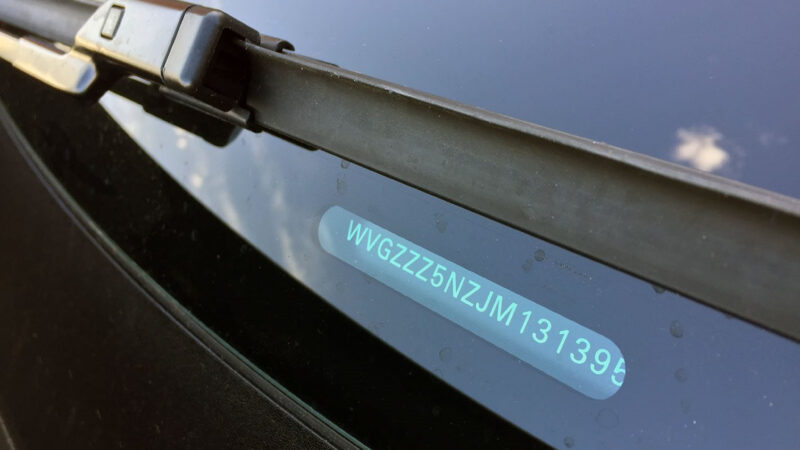
Think of the Vehicle Identification Number (VIN) as your car’s unique signature. This special code is like a magic key that unlocks a chest full of information about your car’s adventures.
You can find the VIN on the dashboard or inside the door frame. Once you have this code, you’re ready to start exploring the journeys your car has been on.
Web-Based History Reports: Digging Up Your Car’s Secrets Online
The internet is full of places that use the VIN to reveal everything about cars. These websites can tell you about past accidents, who owned the car before, and whether it was used as a rental or taxi. It’s like having a detective who can uncover your car’s hidden past with just a few clicks. To avoid wasting time online you should check out FullCarCheck immediately.
The DMV Adventure: Official Records Are Waiting
Visiting the Department of Motor Vehicles (DMV) can be really helpful. With your car’s VIN, you can ask for a history report. This paper might show changes in ownership, details about the title, and more. Though this way is more formal, it gives you access to important records that are very valuable.
Service Histories and Maintenance Logs: The Story of Care
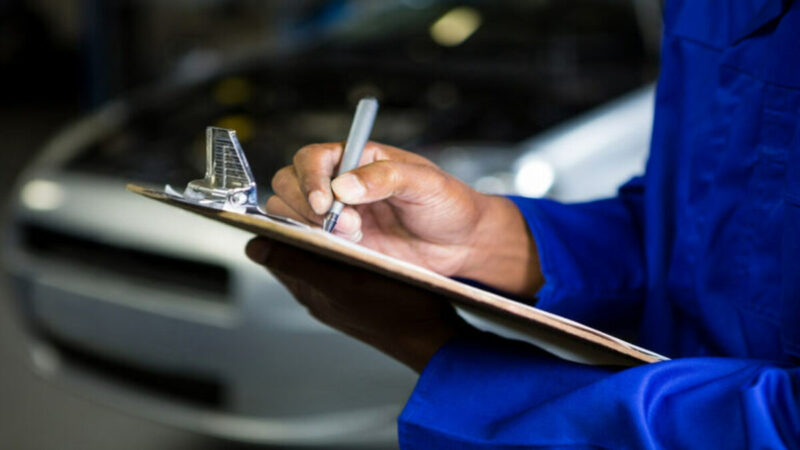
If you’re lucky, your car will come with a complete log of all its maintenance and service events. Imagine these documents as a diary kept by the car’s previous owners, recording every check-up, oil change, and repair. These logs give you a glimpse into how well your car was looked after, hinting at its current condition and what it might need in the future.
Chatting with Past Owners: Personal Tales
Talking to the people who owned your car before can give you stories and details that official records can’t. If it’s possible, reach out to them. They could tell you about experiences with the car, like accidents or big repairs, adding personal touches to the car’s history. This personal connection deepens your understanding in a way no database or report can.
Recall Checks and Safety Notices: Keeping Safety First
Car makers sometimes call back certain models because of safety issues. By checking these recalls for your car, you make sure it’s safe and learn about any big problems that led to a recall.
This step is key for safety and knowing about past issues, which can be helpful when talking about insurance or selling the car, possibly making it more valuable and trustworthy because of your commitment to maintenance and safety.
Title History: The Legal Side of Things
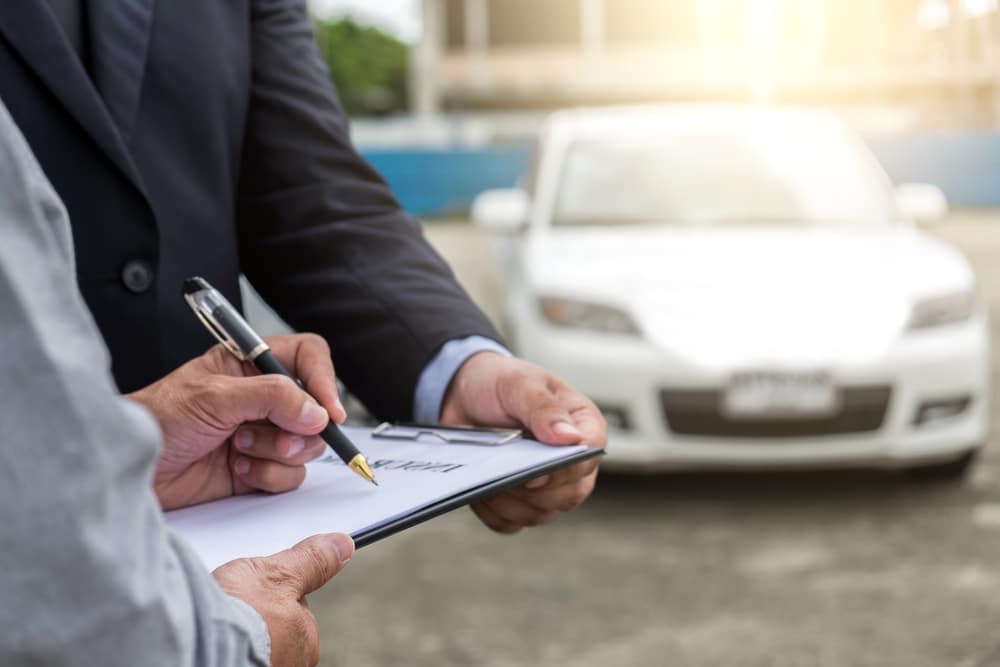
Looking into your car’s title history can show major events like salvage, rebuilds, or flood damage. This info is crucial for understanding the car’s legal status and any issues that haven’t been resolved.
It’s not just for legal reasons but also for safety and figuring out the car’s value. A complicated history might hide problems, affecting how well the car runs and its reliability. With this knowledge, you can make smarter choices about repairs or upgrades.
Insurance Claims and Accident Reports: Uncovering Past Obstacles
Checking insurance claims and accident reports can show what damages and repairs your car has gone through. This research can tell you if the car was in serious accidents, affecting its value and safety.
It’s about finding out what challenges your car has faced and how they were fixed. Plus, knowing the extent of past repairs can help you spot areas that might need more attention or maintenance in the future, keeping the car in great shape and safe for driving.
Mileage Verification: Understanding the Journey’s Length
Making sure the mileage is accurate and checking for odometer tampering is essential. Sometimes, odometers are messed with to make a car seem less used than it actually is. Knowing the real mileage gives you insight into your car’s history.
This step is also about honesty in deals and keeping fairness in the car market. Realizing the true mileage helps you understand how much wear and tear your car has, guiding your maintenance plans and preparing you for future needs.
Professional Inspections: Expert Opinions
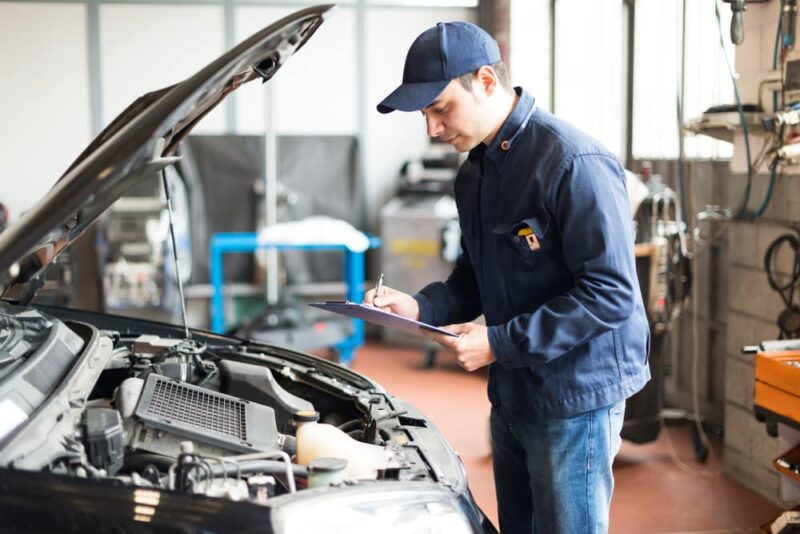
Getting a professional to inspect your car is a smart move. An experienced mechanic can spot potential issues that records might not show. This check-up is like a full health exam for your car, confirming its condition and pointing out any concerns early on.
An expert’s look can also strengthen your position in negotiations, giving both the buyer and seller peace of mind by confirming the car’s condition through a professional’s eyes. This step is vital for making sure your investment is good and your car is reliable.
Online Forums and Communities: Shared Knowledge
Car fans and owners often gather in online forums and communities, sharing stories and advice. These places are full of insights about specific models, common issues, and tips for upkeep.
Joining these groups is like becoming part of a club where everyone wants to help you better understand and take care of your car. Talking with these communities can lead to DIY fixes and preventive steps, saving money and extending your car’s life. It’s a chance to connect with other car lovers, offering support and friendship in the world of car ownership.
Red Flags and Warning Signs: Staying Ahead of Issues
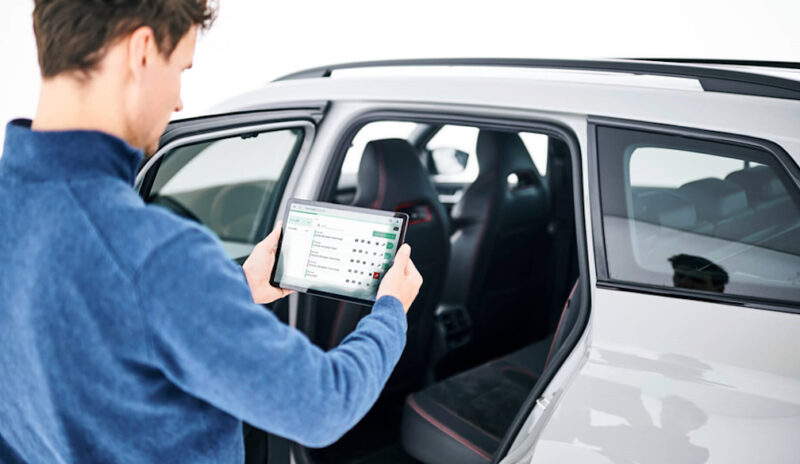
While exploring your car’s history, keep an eye out for red flags like a history of major accidents, lots of previous owners, or signs of odometer tampering. These warnings could mean potential problems or lower the car’s value.
Being proactive and noticing these signs early can save you from future troubles and financial loss. It gives you the power to make informed choices, whether it’s getting a better deal, planning for repairs, or thinking about a different car.
To Wrap It Up
Going on the quest to learn about your car’s history can be an eye-opening experience, bringing reassurance or getting you ready for what’s ahead.
By following these steps, you’re not just learning about the past; you’re making sure your car’s future is as enjoyable and smooth as possible. Whether you’re a huge car enthusiast or new to owning a car, knowing your car’s history is an important part of taking care of it responsibly and wisely.
Related Posts:
- What are Toric Contact Lenses? Here's What You Need to Know
- How Often Should You Do Yoga? Adapting Your Practice…
- How Sex Toys Can Transform Your Bedroom Dynamics:…
- How to Generate Leads for Your B2B Business: Expert…
- After Your Massage - Essential Care Tips
- 12 Signs Your Business Should Start Working With a…















